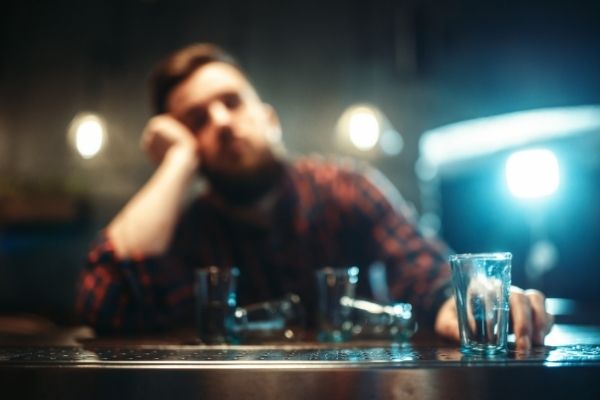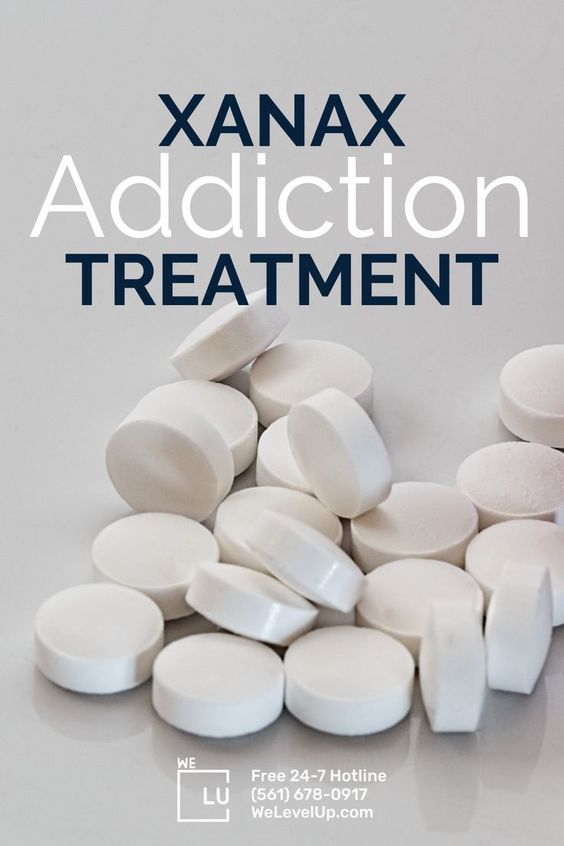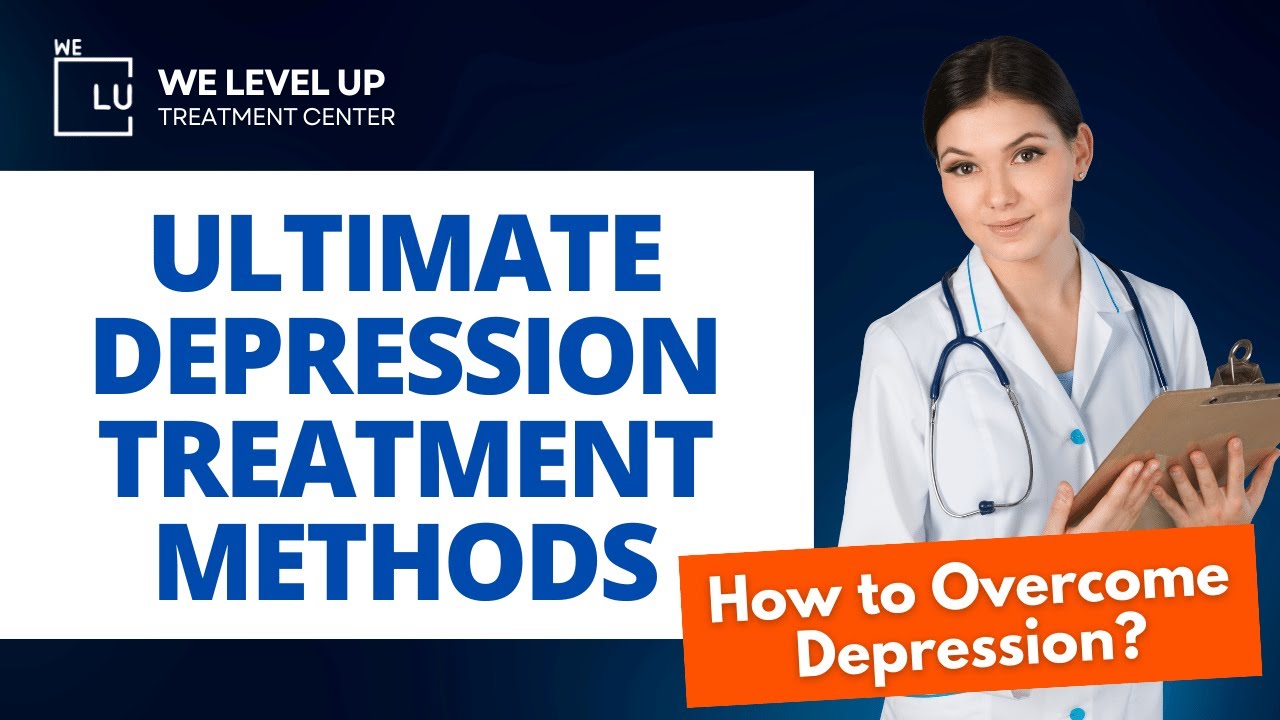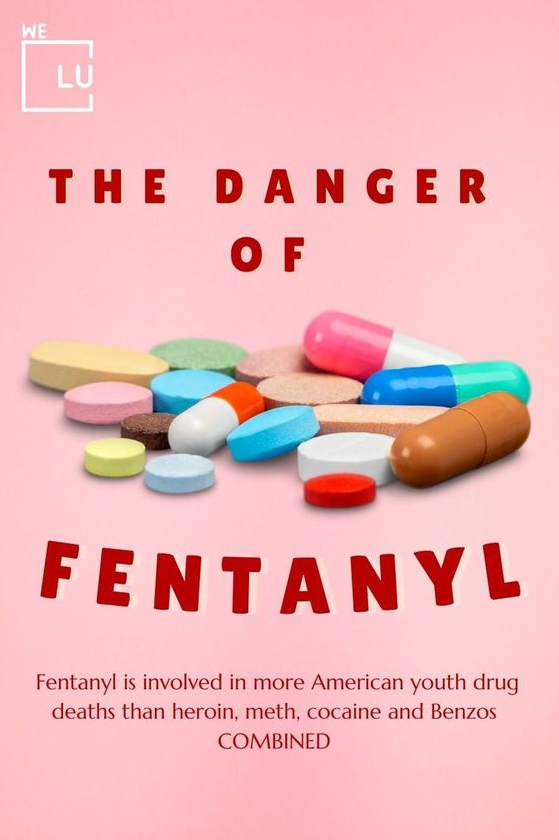Mixing Anxiety Meds and Alcohol
According to the National Institute on Alcohol Abuse and Alcoholism (NIAAA), there are several reasons that it can be harmful to mix medications and alcohol. The ways that drugs and alcohol interact in your body can go both ways: Alcohol can change how a medication works, and certain drugs can change how you feel the effects of alcohol. [1]
Alcohol can make some medications less effective by interfering with how they are absorbed in the digestive tract. In some cases, alcohol increases the bioavailability of a drug, which can raise the concentration of the medication in your blood to toxic levels.
Additionally, drinking alcohol can also make the side effects of a medication worse or even cause new symptoms. This is especially true if you are taking a medication that makes you sleepy or causes sedation. The mixture of anxiety medication and alcohol, for example, can cause your breathing to stop and is a common cause of death.
Many anxiety drugs have central nervous system depressant activity and interact with alcohol, so it is important to understand your risks. A wide variety of medications from different classes, such as antidepressants or benzodiazepines, are used to treat various anxiety disorders. Side effects like drowsiness, impaired driving, and respiratory depression (slowed breathing) can worsen when anxiety drugs are combined with alcohol. Many medicines used for anxiety should be used short-term and in general, you should avoid or limit alcohol with these drugs. [2]

Alcohol and Ativan
Like other benzodiazepines (and alcohol), Ativan works by increasing the effect of the inhibitory neurotransmitter GABA. It binds to a distinct site on GABA receptors throughout the central nervous system, which results in increased GABA-mediated receptor activation, heightened inhibition of nerve signals, and decreased nervous excitation in the brain.
Ativan is prescribed for the management of anxiety and, less frequently, for the short-term treatment of insomnia. It also may be used to treat seizures or administered as an IV sedative before anesthesia. It is usually taken as an oral tablet, but it can also be delivered via injection.
This combination is dangerous because Ativan, as an anxiety medication and alcohol, both depress the central nervous system and can lead to slowed breathing, extreme drowsiness, coma, and death.
Alcohol and Xanax
Taking Xanax with alcohol will intensify the side effects of both substances. Both Xanax and alcohol have sedative effects. This means they can cause fatigue, drowsiness, or impairment. Taking either can leave you feeling sleepy.
Both substances also affect your muscles. This can make muscle control, coordination, and balance more challenging. You might stumble while walking or slur your speech. These sedative effects increase when Xanax as an anxiety medication and alcohol are taken together.
Sedation
Both anxiety medication and alcohol have sedative effects. This means they can cause fatigue, drowsiness, or impairment. Taking either can leave you feeling sleepy. Both substances also affect your muscles. This can make muscle control, coordination, and balance more challenging. You might stumble while walking or slur your speech. These sedative effects increase when anxiety medication and alcohol are taken together.

Mood and Behavioral Effects
Xanax can lead to a depressed mood as well as irritability and confusion. It may also cause some people to experience suicidal thoughts, but it’s not common. Other rare side effects include:
- Rage
- Aggression
- Hostile behavior
Anxiety medication and alcohol affect mood in a variety of ways as well. For some people, it causes a temporary mood boost, although it’s a depressant. Others may experience negative side effects, like feelings of sadness. Alcohol also lowers inhibitions and impairs judgment. This makes it easier to do things you wouldn’t normally do. In general, these mood changes and behavioral effects increase when Xanax and alcohol are taken together.
Memory Impairments
Xanax and alcohol are both associated with memory loss. This effect is greater when the two substances are combined. Combining both substances increases your risk for a blackout. In other words, after taking anxiety medication and alcohol together, you might not remember what happened.
Physical Side Effects
Besides fatigue and drowsiness, physical side effects of Xanax include:
- Headaches
- Low blood pressure
- Blurred vision
Xanax is also associated with gastrointestinal symptoms like nausea, vomiting, and diarrhea. Drinking too much alcohol can also lead to headaches blurred vision as well as gastrointestinal issues. Combining the two substances will increase your risk of experiencing physical side effects.
Long-Term Effects
Long-term anxiety medication and alcohol use is associated with the development of physical and psychological dependence. This means your body gets used to both substances and needs them to function without experiencing withdrawal side effects. Withdrawal symptoms can include anxiety, irritability, and seizures in some cases.
In the long term, taking Xanax and alcohol increases your risk for:
- Changes in appetite and weight
- Cognitive and memory impairments
- Decreased sex drive
- Depression
- Liver damage or failure
- Personality changes
- Cancer
- Heart disease and stroke
- Other chronic illnesses
- Combining Xanax and alcohol can result in a life-threatening overdose. [3]
How does alcohol affect people with anxiety?
Many anxiety drugs have central nervous system depressant activity and interact with alcohol. Be sure to review your prescription information and ask your pharmacist; do not drink alcohol with benzodiazepines due to the risk of enhanced drowsiness, sedation, and impaired judgment. [4]
Alcohol can also increase the nervous system side effects of antidepressant medications or other miscellaneous drugs used for anxiety. Side effects may include dizziness, drowsiness, trouble concentrating, impairment in thinking, slowed reflexes, and poor judgment. You should avoid or limit the use of alcohol while being treated with antidepressants for anxiety. Avoid activities requiring mental alertness such as driving or operating hazardous machinery until you know how the medication affects you.
Chronic alcohol abuse can elevate the risk for liver disease, such as cirrhosis. Some medications, for example, duloxetine (Cymbalta, Irenka) may also cause liver damage. Combining medications that can lead to liver toxicity with alcohol may further increase that risk.
Combining alcohol and anxiety medications with CNS depressant activity like benzodiazepines can lead to:
- Extreme drowsiness
- Dizziness, sedation
- Slowed breathing (respiratory depression)
- Overdoses (for example, with Xanax and alcohol)
- Coma
- Death
Do not drive, operate machinery, or engage in risky activities if you have been drinking. There are hundreds of prescription and over-the-counter medications that are not safe to mix with alcohol. The dangers of mixing alcohol with medications can range from increased side effects to potentially life-threatening symptoms, overdose, and even death.
Always read the label and package insert of any medication you are taking, whether it has been prescribed by your doctor or purchased over-the-counter. If you are not sure if it is safe to drink alcohol while you are taking medication, call your local pharmacy or talk to your doctor about the potential interactions.
Dual Diagnosis Treatment
Although an alcohol or drug problem and a mental disorder often happen together, this does not mean that one caused the other, even if one appeared first. In fact, it can be challenging to distinguish which came first. According to the National Institute of Health (NIH) [5], researchers think that there are three possibilities as to why they happen together:
- Common risk factors may contribute to both mental disorders and substance use disorders. These factors include genetics, stress, and trauma.
- Mental disorders can contribute to drug use and substance use disorders. For example, people with mental disorders may use drugs or alcohol to try to feel better temporarily. This is known as self-medication. Also, mental disorders may change the brain to make it more likely you will become addicted.
- Substance use and addiction can contribute to the development of a mental disorder. Substance use may change the brain to make you more likely to develop a mental illness.

Treating dual diagnosis clients is a critical aspect of our inpatient treatment experience because co-occurring disorders are strongly connected with instances of substance abuse. Creating a treatment plan that addresses the physical aspects of withdrawal, the psychological connection with drug use, and addressing underlying mental health disorders is all a part of setting clients up for success.
A thorough mental health analysis identifies opportunities for treatment. Meeting with mental health counselors and medical care providers means access to behavioral therapy and medication treatment. Proper treatment leads to change for better, healthier living.
The dual diagnosis treatment center may use different therapies like cognitive behavioral therapy or trauma therapy to help the individual to change their lifestyle. Group meetings help provide feedback, advice, and support during recovery. Meanwhile, family therapy allows clients to get the support they need to stay sober after their rehab stay is complete.
Together, we will determine what the client’s underlying issues are so we can then customize an individualized approach and, when appropriate, provide integrated dual diagnosis treatment for anxiety medication and alcohol. The symptoms of the multiple disorders that can occur alongside addiction can present complex and similar symptoms. Proper diagnosis requires a highly trained professional staff with years of experience.
Sources:
[2-4] Anxiety Medications and Alcohol Interactions – https://www.drugs.com/article/anxiety-medications-alcohol.html#:~:text=Alcohol%20interactions%
[1] The Dangers of Mixing Alcohol and Medications – https://www.verywellmind.com/mixing-alcohol-and-medication-harmful-interactions-67888
[3] What Happens When You Combine Alprazolam (Xanax) and Alcohol – https://www.healthline.com/health/xanax-and-alcohol
[5] We Level Up – Treatment » Dual Diagnosis Treatment





